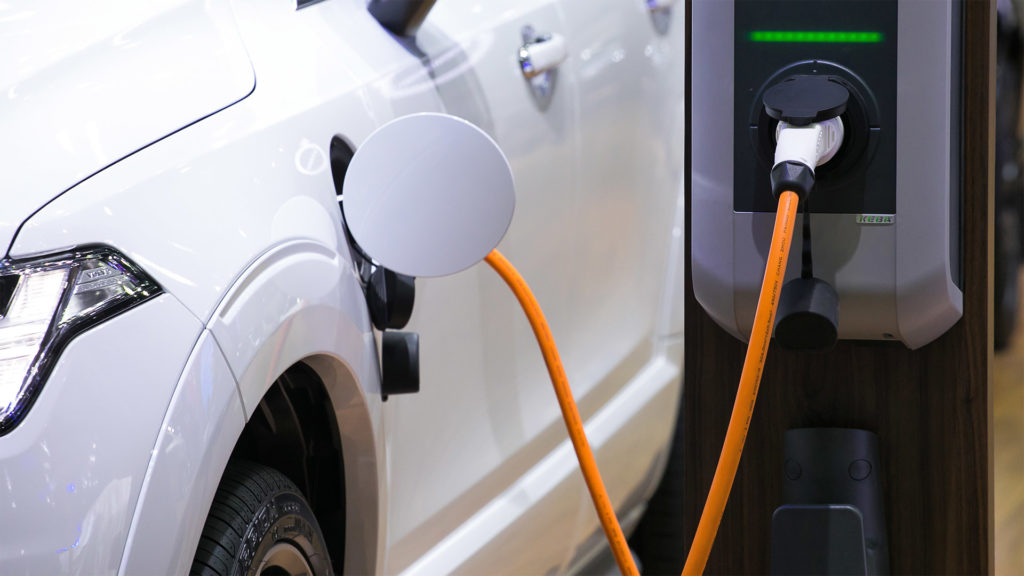Last updated on April 20th, 2020 at 11:39 pm
The United Nations Climate Action Summit in New York last week has exposed the UK, and many other countries, as being woefully unprepared to reach carbon neutrality by 2050. Antonio Guterres, the UN Secretary-General, warned that although there is evidence of “a boost of momentum and ambition” amongst countries, “much more is still needed to reach carbon neutrality by 2050”. Boris Johnson has defended the UK’s ongoing intention to reach carbon targets and vaguely states that this will be achieved using “technology”.
A 2019 progress report to parliament has shown that the public fully supports a transition to ‘green’ energy. Whilst the government aims to phase out sales of new petrol and diesel vehicles by 2040, criticising MPs maintain that this target should be lowered to 2030 to align with objectives from Iceland, Ireland, Israel, Slovenia and the Netherlands.
Norway, where the majority of all vehicles sold are electric, is set to fully transition to electric vehicles (EVs) by 2025, and can be clearly seen as the forerunner in EV markets. By comparison, only around 1.1% of new cars sold this year in the UK were electric, therefore there is still room for improvement.
Transport accounts for 23% of CO2 emissions of all UK sectors, thus a switch to EVs would certainly make UN targets more attainable. Although EVs cannot be said to be wholly carbon neutral, for example, due to the energy costs needed to produce and dispose of batteries, they do have drastically smaller carbon footprints than their fossil fuel counterparts.
A number of barriers still block the UK’s progression to full EV-adoption. Changes to taxes may have to be implemented before a switch becomes reality, as EV drivers currently pay lower fuel taxes, which are an important source of government income. More public charging points will also have to be built, as people living without private parking spaces cannot easily use home-charging devices.
Furthermore, strategies around who will pay for publicly-accessible EV chargers need to be set; until now government has heavily subsidised new EV charging points due to lack of profit incentives for private companies building their own. However recent evidence, such as Tesla launching a motorway service station charging network, and BP and Shell becoming market leaders of EV charging, could indicate commercial evolution.
Based on the Climate Summit’s targets, the world needs to reverse 150 years of fossil fuel-based damage in just 30 years. 16-year old Swedish environmental activist, Greta Thunberg, brought world leaders to tears last Monday in New York: “You have stolen my dreams and my childhood with your empty words. And yet I’m one of the lucky ones. People are suffering. People are dying. Entire ecosystems are collapsing. We are in the beginning of a mass extinction. And all you can talk about is money and fairy tales of eternal economic growth. How dare you.”
Based on Thunberg’s words, it has never been a more pertinent time to switch to sustainable forms of transport. Under the Paris Agreement, the UK is scheduled to submit ambitious climate plans in 2020, which will likely feature EV technology heavily.
